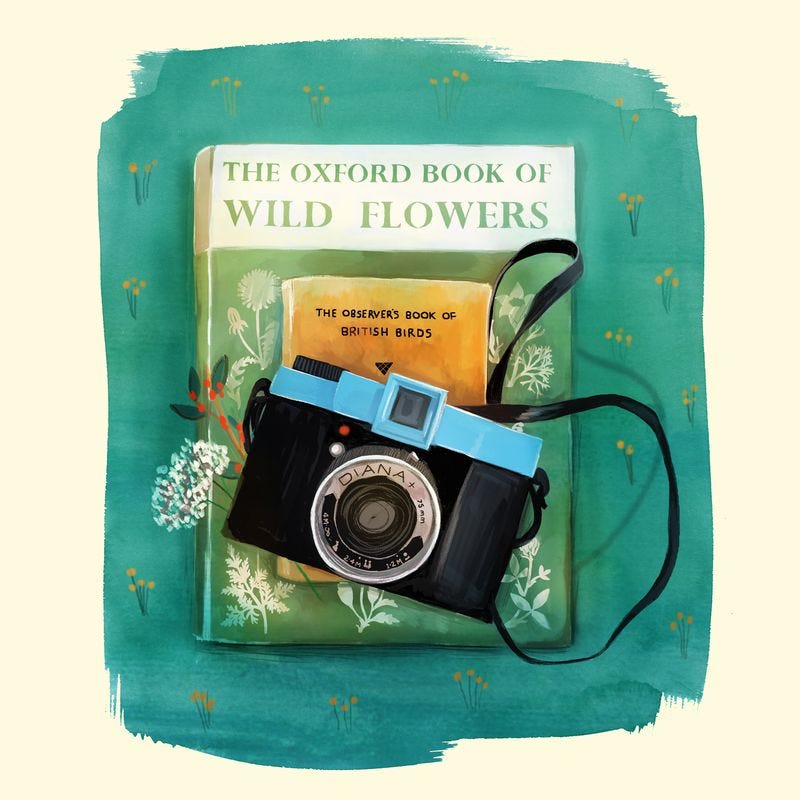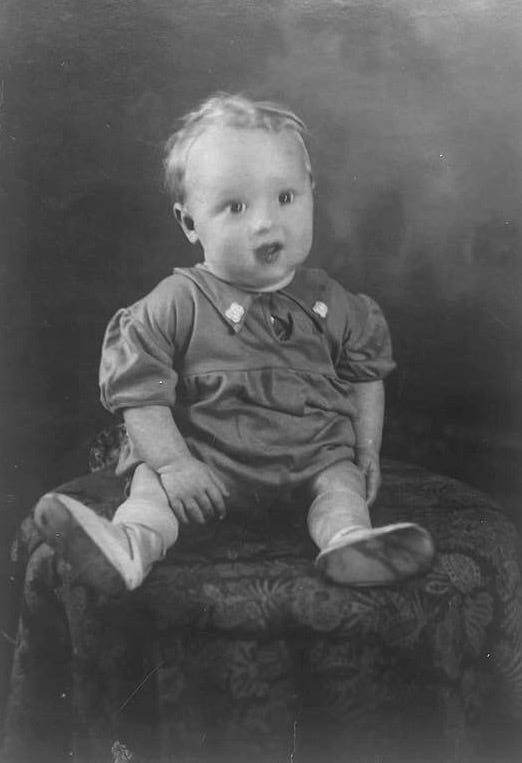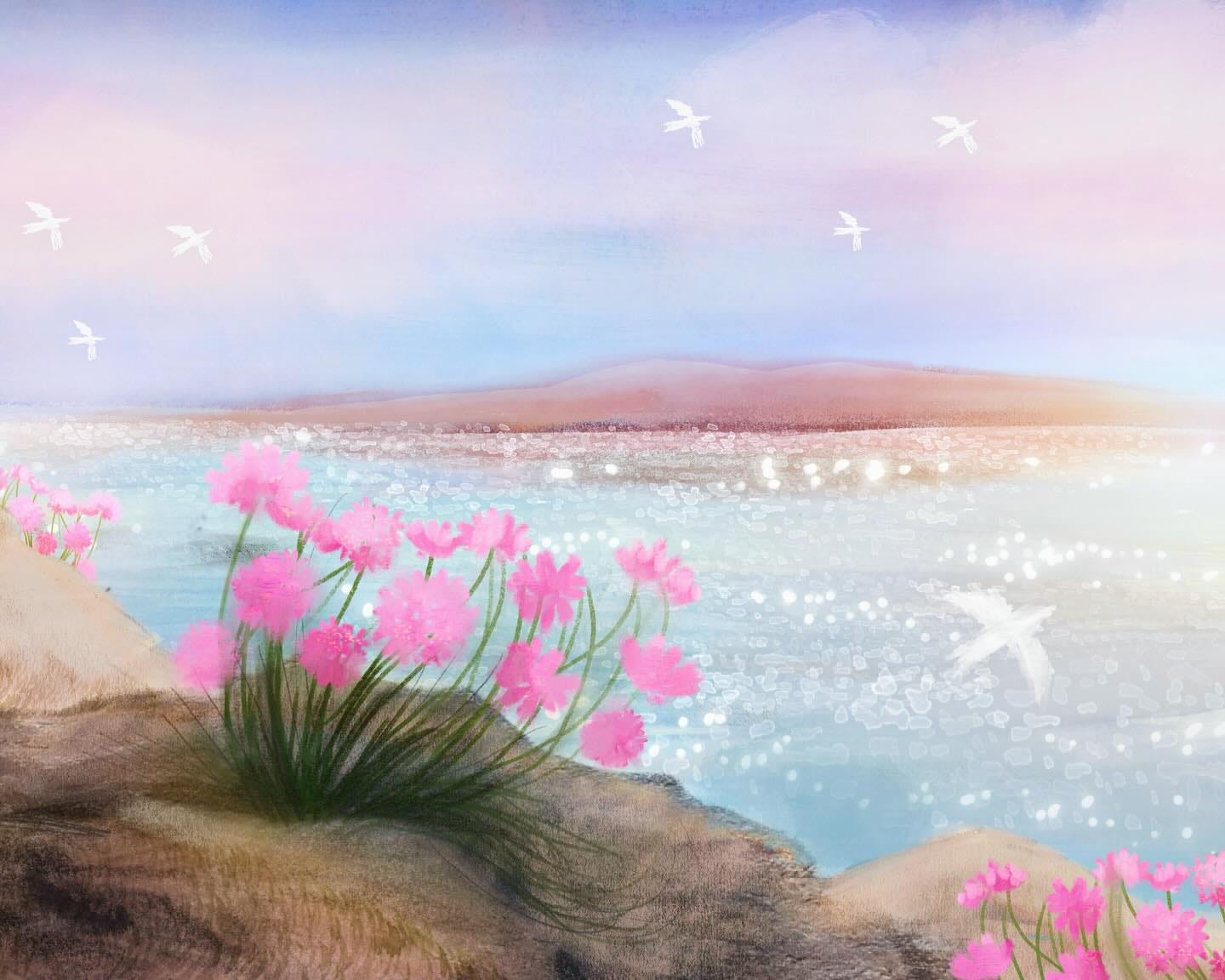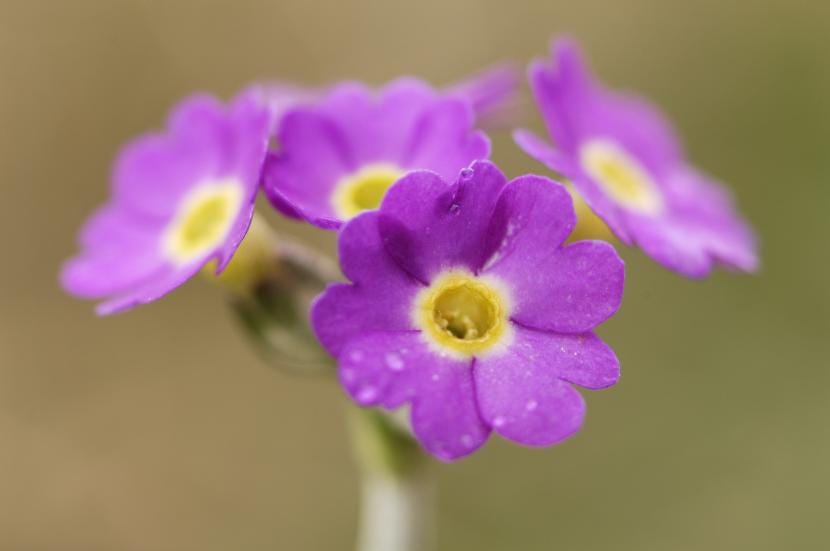Today is my grandad’s birthday, or rather it would have been, had he still be with us. I have written of my intense love for him before and the unmatched sense of witness and feeling known that he brought to my life. It is a feeling I may never experience in the same way again, that deep familial belonging, though I have sought both to find it again and to create it for and with others to the best of my ability.
From the moment of our inception, we come to understand a lot about who we are from those around us. How those people look at and treat us affects everything from our self esteem to our probable health outcomes. Thank goodness for grandad, who looked upon me as treasure from the minute I was delivered to my teenaged parents and moved into his already packed home.
My grandad’s start in life was not easy at all. One of at least seven siblings (we are unsure), much of his boyhood was spent evacuated to the countryside during war and also in a children’s home until aged 15, when he was then spat out alone into the world to live and work in hotels and on the east coast train line from Scotland to London.
In spite of this adverse beginning and the almost certain associated attachment wounds, his entrepreneurial streak and loving disposition saw him go on to marry my gran, father four lovely sons, welcome countless grandchildren and great-grandchildren, work his whole life in mills and factories for our betterment and still find time in the fringes for creativity and beauty. He listened, he knew you, he supported you. Music in particular was the love language we shared; playing bits of guitar, organ and accordion and listening to a huge range of singers in the car, in his workshop and on vinyl up in the attic. He gave me my first violin which he bought from a car boot sale, sent me observer books of birds and seashells and oil pastels in the post. He repaired and polished my shoes when I visited without saying a word, gently replacing them to shine at the door. Gosh, I miss him so much.

John Doe
This week, I was listening to Mary Chapin Carpenter songs in anticipation of going to see her perform live next week and a song came on that touched me deeply for its storytelling, simplicity and depth of compassion. ‘John Doe No. 24’ was exactly the kind of song with a moving story that my grandad would have loved; written by Mary Chapin through the eyes of a deaf and blind man committed to an institution in 1945 with no idea of his identity. I stopped and wept when I heard it, so moved by this act of witness for a stranger, so sorry in my heart for anyone at all who is dispossessed. These lines in particular got me:
While I drew breath no one missed me
So they won't on the day that I cease
Put a sprig of crape jasmine with me
To remind me of New Orleans
I don’t know what you think about synchronicity as a concept, but for me it tends to be a force that helps direct my attention where it feels like it needs to go. So when I received a particular message the day after hearing this song, I paid close attention. The message said that a tracing service was trying to locate relatives of one of my grandad’s long lost siblings, his wee brother Jimmy, who had sadly died in 2022 without our knowledge. As it turns out, Jimmy’s story had threads that intertwined with that Mary Chapin song. He had not been well, had been found in Aberdeenshire unaware of himself, had lived in care for a long time and had passed away without any family, with the social work department listed as his next of kin. As it turns out, he was placed very near to us when my grandad was still around, so it feels a little cruel that they never found one another.
I’ve been thinking about Jimmy all week, re-listening to that song too, and wondering how two wee boys from similar origins can end so differently; one surrounded by family, one alone. The expression ‘There but for the grace of God go I’ is a possibly overused one but it springs to mind, as does Mary Chapin’s assertion that ‘God knew his name’ about her John Doe. These lyrics really got me too:
And they all shook their heads in pity
For a world so silent and dark
Well, there's no doubt that life's a mystery
But so too is the human heart
A lot of painful things just don’t really seem to make a lot of sense. To try and make sense of them too much feels also like an affront to those who have suffered more. So what are we to do with that helplessness?
Wildflowers
The mention of sprigs of New Orleans crape jasmine in Mary Chapin’s song reminded me of another song I love ‘Thrift (Dig in)’, sung by Karine Polwart and co for Spell Songs, about the sea thrift or pink thrift, found in wild and difficult places such as Hebridean machair.
There is a line in that song I love that says “Show us hardship is a limit, not a failing”. I love it because there is a compassion there that recognises that not everything that happens to us is within our control or is our fault- a limit, not a failing. You would hope anyone with eyes and a heart could see this by now, but we live in a world still determined to blame people for their misfortune, increasingly willing to turn away the refugee, to shun the widow, to annihilate the orphan, to absolutely refuse to bear witness to suffering of others, preferring to turn away and hope it won’t be us some day, unable to even utter words about grace and chance.
A Primrose for Jimmy
I told a warm and ecologically-minded friend about Jimmy this week, about how I wanted to witness his life at least for a moment, just as Mary Chapin did in her song. He suggested the planting of another wild and resilient flower, the Scottish primrose. Today, on his brother’s birthday, I placed some seeds in a wee pot to germinate in my house. As I did, I thought of this man I never knew but who shares my DNA, of this array of complicated yet resilient Scottish wild flowers from which I am descended. I noted how I am planting it in the safe surroundings of the co-living community in which I now reside, founded by two people who have given their whole lives in service to the dispossessed, people who shelter and support me and allow me to utter the words with conviction that ‘I too go by grace’.
As I planted, I observed too my doubts about my ability to protect this wee pot until it flowers, but now that I’ve told you all this story, perhaps ideas of Jimmy and Primroses and Grace will flower in your minds and mean that his life was indeed witnessed after all.
According to the nursing home, he too liked to sing. I wish I had the skills to have written him a song.
Finally, here is a poem by John O’Donhue called ‘As a Child Enters the World’, also so very full of that compassion for our variety of circumstances but our untouchable and inherent value.
As a Child Enters the World
As I enter my new family,
May they be delighted
At how their kindness
Comes into blossom.
Unknown to me and them,
May I be exactly the one
To restore in their forlorn places
New vitality and promise.
May the hearts of others
Hear again the music
In the lost echoes
Of their neglected wonder.
If my destiny is sheltered,
May the grace of this privilege
Reach and bless the other infants
Who are destined for torn places.
If my destiny is bleak,
May I find in myself
A secret stillness
And tranquility
Beneath the turmoil.
May my eyes never lose sight
Of why I have come here,
That I never be claimed
By the falsity of fear
Or eat the bread of bitterness.
In everything I do, think,
Feel, and say,
May I allow the light
Of the world I am leaving
To shine through and carry me home.
~ John O'Donohue ~
(To Bless the Space Between Us)












Your Grandad sounds as though he was a wonderful man Gillian. Made me think of my own in fact - a man with a cheeky wink and a warm , welcoming smile. Not long after his passing I met him at a party. As I walked through a room a sea of people parted and there he was smiling at me. He spoke one, short sentence - “It’ll be alright.” I’ve never forgotten that dream. We’re so lucky to have had such men in our lives. M